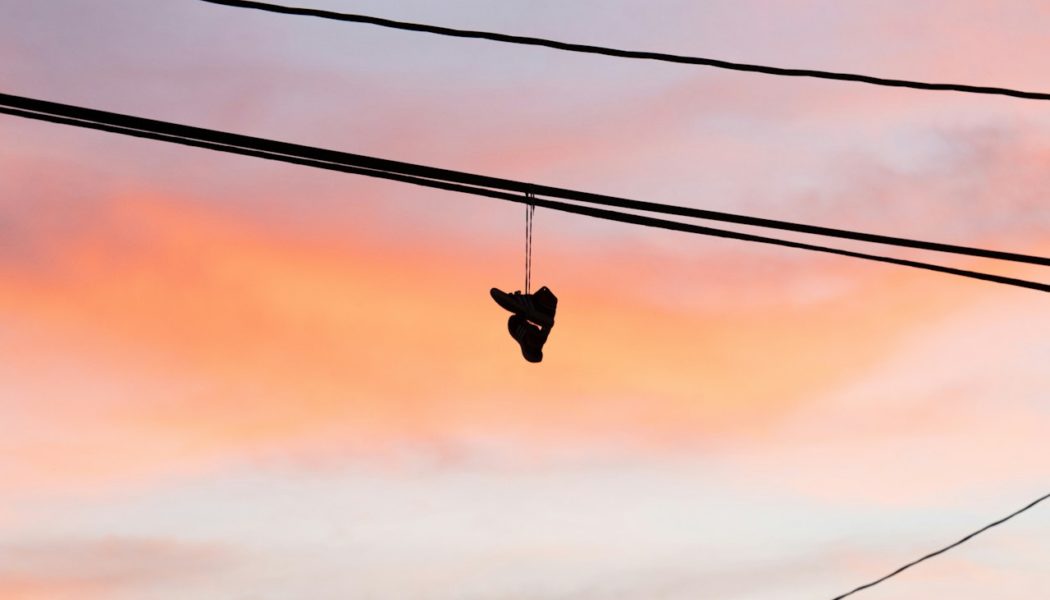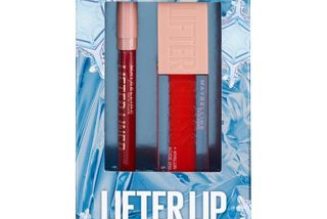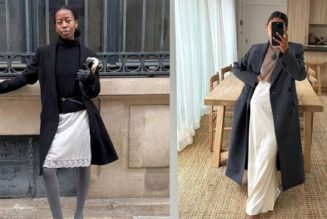
Luxury pre-worn fashion lies just a click away. As part of The Drum’s retail focus week, Wendy Karlyn of Rightpoint explains how resale platforms might beat luxury brands at selling their own clothes.
The saying that “luxury never goes out of style” has never been truer. Thanks to a combination of consumer preferences, technological innovations, and marketing, the luxury resale market is growing fast. In 2023, consumers bought close to $50bn worth of pre-loved clothing, bags, and accessories – 12% of the market value of new luxury purchases. In the luxury watch category, resale accounts for 30% of the market’s total value, and its growth is outpacing new luxury watch sales, according to BCG research.
While some luxury brands are worried about the impact of the resale market on their new-goods sales, forward-thinking labels including Gucci experiment with ways to incorporate resale into their retail model. Done well, this approach has the potential to bring in new customers and assuage younger shoppers’ sustainability concerns.
Advertisement
The resale market: where luxury and sustainability connect
Gucci’s new partnership with luxury resale platform Vestiaire allows customers to trade in selected “pre-loved” purchases for store credit. The process is similar to trading in a luxury car: Gucci and Vestiaire authenticate traded-in items for authenticity and condition, and those items are then refurbished and sold as genuine and pre-loved, while the customer who initiated the trade can then make another purchase.
Most luxury shoppers still seek out new goods, but there’s growing recognition that younger consumers are much more open than older shoppers to purchasing pre-owned luxury goods. It’s tempting to assume that the difference is due to younger shoppers’ lower disposable income. That’s part of it, but millennial and gen Z shoppers at all income levels have concerns about resource use and sustainability that inform their preference to buy used.
Advertisement
A recent survey of 350,000 US consumers found that: “when gen Z and Millennial customers believe a brand cares about its impact on people and the planet, they are 27% more likely to purchase it than older generations are – a clear measure of sustainability’s power to drive buying decisions in this group.”
The survey authors also note that by 2030, gen Z and millennial consumers in the US will have more purchasing power than the baby boomer generation, as a massive generational wealth shift takes place. Brands like Gucci that embrace takeback and authenticated resale programs are making an investment in long-term customer loyalty and lifetime value. They’re also positioning themselves to avoid getting shut out of resale revenue by a growing group of popular digital resale platforms.
Suggested newsletters for you
Daily Briefing
Daily
Catch up on the most important stories of the day, curated by our editorial team.
Ads of the Week
Wednesday
See the best ads of the last week – all in one place.
The Drum Insider
Once a month
Learn how to pitch to our editors and get published on The Drum.
A new generation of resale platforms
Fashion resale platforms – whether they’re exclusively for luxury goods or a mix of luxury and mass-market fashion – became a hit with many consumers during the pandemic. Now, it looks as if they’re here to stay. In addition to supporting sustainable shopping, many resale apps like The RealReal, Poshmark, ThredUp, Vinted, and Farfetch provide expert authentication services to guarantee that designer and luxury products offered on the site are genuine.
Digital luxury resale platforms also dovetail with the way younger consumers grew up shopping: online, on their phones, when they have time to, rather than when boutiques are open. And these platforms do more than authenticate the goods. Buyers can check seller ratings, make offers on products, and often receive pre-loved items in their original dustbags, packaged for shipment with boutique levels of care and creativity – making for an aesthetically pleasing experience.
For all these reasons, analysts expect luxury resale platform growth to stay strong. According to data from McKinsey: “Specialized digital platforms for trading pre-used goods, with a 25–30 percent market share, are driving much of the sector’s growth, with a predicted expansion of 20–30 percent per annum,” compared to an annual 10–15% growth rate for the luxury resale market as a whole through 2030.
Those numbers should have luxury brands taking notice. Because if their pre-loved products are only available on third-party platforms, customers will build relationships with the platforms, and even specific resellers on those platforms, rather than with the brand itself.
Embracing circular luxury retail
Creating a blended new and resale retail model can help luxury brands connect directly with today’s luxury resale customers, even if that means the brands are in effect competing against themselves on items with entry-level price points. Gucci is not the only upscale brand taking this approach. Rolex runs its own certified pre-owned program that highlights its watches’ durability and timeless style.
Balenciaga has a program similar to Gucci’s model, with a partner handling authentication and resale so its customers can “become part of the circular fashion revolution” This messaging can encourage shoppers to buy new items as well, knowing that they’ll be able to resell them so they don’t go to waste.
As younger consumers prioritize sustainability and resale platform growth continues to surge, luxury brands need to think about how they’ll maintain direct and profitable long-term relationships with those shoppers. To build trust and elevate customer experience, brands must embrace resale – and keep up with how the younger generations shop for luxury.
For more deep analysis of the heroes and villains of retail in 2024, head over to our focus week hub.









